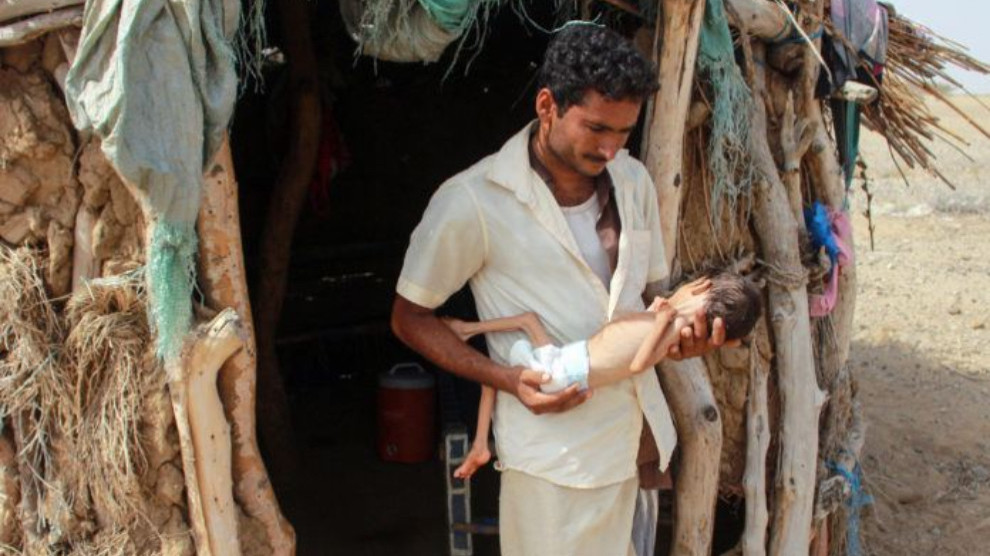Yemen: Coronavirus in the world’s worst humanitarian crisis
While recorded infections are low, the pandemic is believed to be sweeping across the country undetected. In a country beset by conflict and climate shocks, funding is required fast.
While recorded infections are low, the pandemic is believed to be sweeping across the country undetected. In a country beset by conflict and climate shocks, funding is required fast.

With five years of conflict having decimated the country’s health system and left millions acutely food-insecure, Yemen is now facing a new threat: the COVID-19 pandemic that is threatening to push millions of vulnerable people across the world into severe hunger. In Yemen, the World Food Programme (WFP) urgently needs US$878 million to continue providing life-saving assistance — our best line of defence against coronavirus.
WFP says that over two-thirds of the country’s population of more than 30 million are food-insecure — 10 million suffer chronic hunger. WFP provides food assistance to more than 12 million people, while over a million children and mothers receive nutrition supplements to treat and prevent malnutrition.
Already vulnerable families are more than aware that the desperate situation they find themselves in could spiral of control. People face grim choices. “Stay at home and we will die from hunger,” says Habiba, in Sana’a, as she comes to collect her WFP food voucher. “And if we go out we will die from the disease.”
Women and children are, as ever, bearing the brunt of this latest crisis: 2 million children and 1 million women are currently acutely malnourished in Yemen, figures WFP expects to rise as coronavirus infections soar.
Ashjan, a health worker at a nutrition clinic supported by WFP in the southern city of Aden, worries about the impact coronavirus will have on the women and children that she looks after every day.
“Among the many prevalent diseases in Aden, the coronavirus remains the greatest and most dangerous threat to the children and pregnant women who already suffer from malnutrition,” says Ashjan. “As health workers, we try every day to talk to the patients about the danger of COVID-19, but very few understand it or are able to take the precautions.”
Making matters worse, the war-torn country regularly suffers climate shocks such as April’s flash floods – for people like Saeed in Sana’a, “stay home” is not an easy message to abide by. “I lost my house in the floods,” he says.
Ongoing conflict, shifting frontlines, access challenges, and having to balance available resources with the unprecedented level of need, make it extremely difficult for WFP to deliver assistance to almost half the country — especially given the pressure on the supply chain from coronavirus restrictions.
Resilience-building projects supporting people’s livelihoods are constantly interrupted — by war, climate shocks and COVID-19 restrictions.